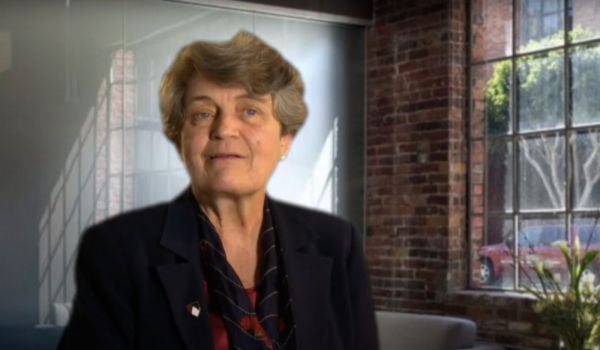Anders Aabo didn’t pursue a finance degree to seek fortune on Wall Street. He wanted to make a difference.
“When I was applying to business school, there weren’t any other alternatives that provided the same opportunities that would allow me to merge my interest in business, finance and economic development to this extent,” Aabo says of why he chose to attend the University of Utah’s Sorenson Impact Center. By the time he got his MBA, Aabo had honed skills as an impact investor — lending money both locally and internationally and putting real cash behind real social problems.
As social impact investing becomes a hard skill both in philanthropic and venture capital communities, the Center is increasingly being looked at as a model for training mission-driven investors who want to produce positive social outcomes in communities across the world. According to a June article in Democracy on the startup economy, “Impact investing — investments made with the intention to generate social and environmental impact along with a financial return — attracted $10.6 billion in 2014.” The Sorenson Impact Center, and its founder, James “Jim” Sorenson, are also promoting the use of the pay-for-success model, which pairs private money with government-driven social services programs that carry specific measurable goals. (If goals are achieved, then investors get a return.)
Sorenson, a social investor and successful entrepreneur, believes that cultivating impact investor talent has widespread implications.
“Getting these trained professionals in key positions in foundations, home offices, social enterprises, government, academia and other places will be critical to sustaining the momentum we’re seeing in the field and keeping up with the growing demand for impact opportunities,” he says. “As I’ve seen the impact investing field grow, there have been some real pioneering efforts to get to scale. Along the way, we’ve learned a lot about how to communicate the value of what impact investors do — how this is different from conventional perspectives on philanthropy and investment.”
Since launching in 2013, the Center has worked on more than $100 million in impact investments and distributed $2 million in pay-for-success grants.
Students get a chance to work with the Center’s venture fund (poised to raise $25 million in the next few years) to invest to make a difference across the U.S. and abroad on critical issues such as poverty, homelessness, workforce development and public health. They also get a front seat to witness consulting on the pay-for-success approach: The Center has worked with Utah on recidivism, and with Las Vegas on early childhood education, among others.
In early May, Sorenson testified before the U.S. Senate Committee on Finance in favor of pay-for-success as a data-driven way to solve social ills.
“If we were to step back and look at how much we spend on social problems — for example, $800 billion in the U.S. alone purely from local, state and federal resources — there’s an enormous social cost to not fixing these problems,” says Sorenson.
Skeptics of pay-for-success cite early failures, and risks for government (and therefore taxpayers), as well as the potential for profiteering under the guise of social impact. Sorensen counters that to protect against such hazards, institutions like the Sorenson Impact Center must provide thought leadership that seeks to broaden and deepen knowledge across all sectors.
“Ultimately, the question is whether we are spending smart and institutionalize systems changes so that we ask whether programs are actually working or not,” he says. “If we could play a role in facilitating that transition, there’s a strong likelihood that not only impact investors but institutional investors as well will have more confidence in this field. Effectively, when we know more about what we’re investing in, we’re smarter about our due diligence and the strength of our portfolios.”
Going forward, the Sorenson Impact Center hopes to continue to facilitate impact investment in the U.S. and abroad, and fuel academic research on the model.
They’re in growing company. The University of Pennsylvania’s business school, Wharton, Duke’s Fuqua School of Business, and Harvard Business School have all added social impact investing courses to their curriculum in the last few years.
The Sorenson Impact Center has also been receiving inquiries from elite business schools, professors and students, from New York University to Notre Dame, who want to learn about replicating similar teaching methods.
For his part, Aabo, who currently works at a private equity firm in Kenya, identifying agricultural projects for investments and supporting small farmers, credits the Center’s intensive training with his ability to land a meaningful job even before he graduated. “You get real hands-on investing experience, investing real dollars into real companies with actual entrepreneurs,” he says. “It’s not just a hypothetical classroom situation.”
The Equity Factor is made possible with the support of the Surdna Foundation.

Sherrell Dorsey is a social impact storyteller, social entrepreneur and advocate for environmental, social and economic equity in underserved communities. Sherrell speaks and writes frequently on the topics of sustainability, technology and digital inclusion. Her work has been featured in Black Enterprise Magazine, Triple Pundit and Inhabitat.
Follow Sherrell .(JavaScript must be enabled to view this email address)













